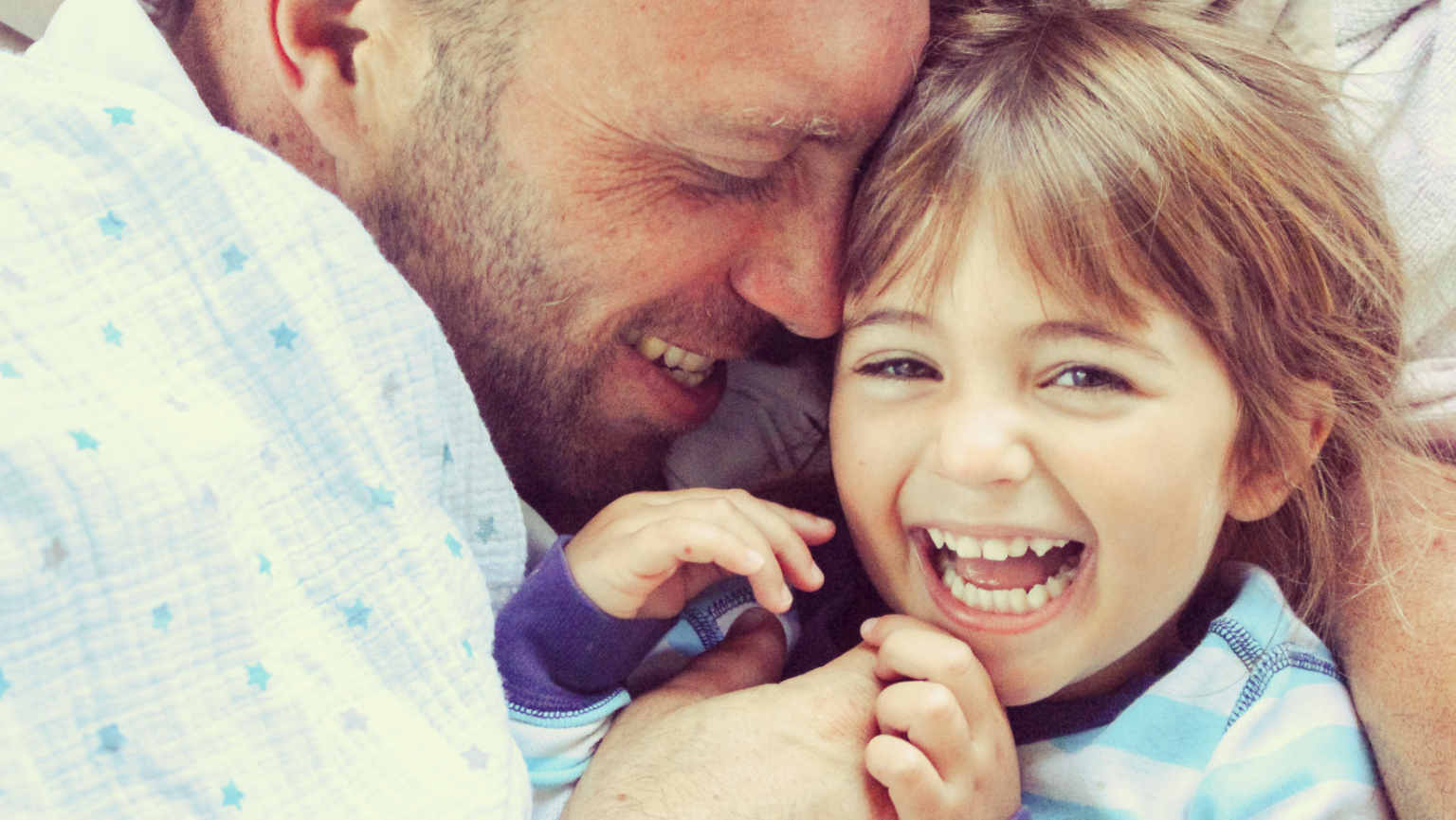
Parenting is one of the most challenging—and rewarding—jobs there is. Every parent wishes to bring up self-assured, able children who are ready for the world, but the journey to getting there is rarely easy. How we talk to our children, how we discipline them, and how we react to their triumphs and failures can impact on their well-being, self-worth, and even their adult relationships.

Researchers have also identified four overarching parenting styles that encompass the variety of ways parents parent: authoritative, authoritarian, permissive, and uninvolved (also referred to as neglectful). Although parents tend to draw upon a little bit of each style based on the situation, being aware of each style’s defining characteristics can prompt us to examine our own routines and make more thoughtful decisions.

Authoritative parenting is generally considered the gold standard. Authoritative parents, as described by the Mayo Clinic, balance flexibility and warmth with expectations and clear boundaries. They share reasons for rules, listen to children’s points of view, and employ discipline as a helpful aid instead of punishment. Children growing up in this setting become confident, dependable, and emotionally secure. They learn to regulate their feelings, set goals, and recover from failure—abilities that benefit them throughout their lives.

Authoritarian parenting, on the other hand, is all about strict rules and high expectations, often enforced without explanation or room for negotiation. Research shows that children raised by authoritarian parents are usually well-behaved and good at following instructions, but they may struggle with low self-esteem, decision-making, and social skills. The emphasis on obedience and punishment can lead to aggression or, conversely, shyness and social withdrawal. As these children develop, they may act out against authority or struggle to assert themselves positively.

Permissive parents are less strict, being warm and open in communication but not laying down many rules or having expectations. Permissive parents tend to be more like friends than parental authorities, letting children make their own decisions and rarely enforcing penalties. Permissive children are likely to develop positive self-esteem and social competence, but may also be demanding, impatient, and poor at self-regulation. Without limits, they are at risk for being unable to cope with disappointment or failure, and may become ill-equipped adults to deal with the realities of accountability.

Uninvolved or neglectful parents are marked by a lack of emotional closeness and limited interaction. These parents might supply the basic needs of their child but are otherwise hands-off, providing little guidance, nurturing, or discipline. The children grow up to be independent out of necessity, but they can lack emotional regulation, do poorly academically, and have difficulty with normal relationships. The absence of support and structure leaves deep scars, and it becomes more difficult for them to trust others or ask for help when it is needed.

And of course, real life is seldom so simple. Most parents find themselves vacillating between styles based on the circumstances—being authoritarian when safety concerns are on the line, or permissive when a child requires solace. As the Mayo Clinic points out, “It’s natural to use different styles in different situations.” The aim is to try for balance: establish clear boundaries, communicate expectations, and let children see the outcomes of their behavior in a protected environment.

Allowing children to make mistakes—and experience the pain of those mistakes—is a crucial part of the learning process. If a child avoids homework and bombs on a test, that failure is an invaluable lesson in the importance of prioritization. Protecting them from all repercussions might seem kind in the short run, but it denies them the opportunity to become resilient and resourceful.

Boundaries are not a matter of control, but of giving a child a safe place to grow. As researchers note, authoritative parents “encourage independence, help their children understand that they can reach goals on their own, and encourage greater self-esteem.” This does more than prepare children for success in school, but also for the emotional rollercoaster of adulthood.

The influence of parenting style does not cease when children move out. Children brought up under strict, rigid rules might push their parents away as adults, while those brought up in permissive families might still look up to parents for support in meeting life’s needs. The healthiest adult relationships tend to arise from families in which parents were warm and nurturing, had proper boundaries, and promoted autonomy.

No parent is perfect, and every family faces unique challenges. The most important thing is to reflect on your own upbringing, notice what worked and what didn’t, and be willing to adjust your approach as your child grows. Parenting is a journey of growth for both parent and child—a dance of setting limits, offering love, and letting go when the time is right.
